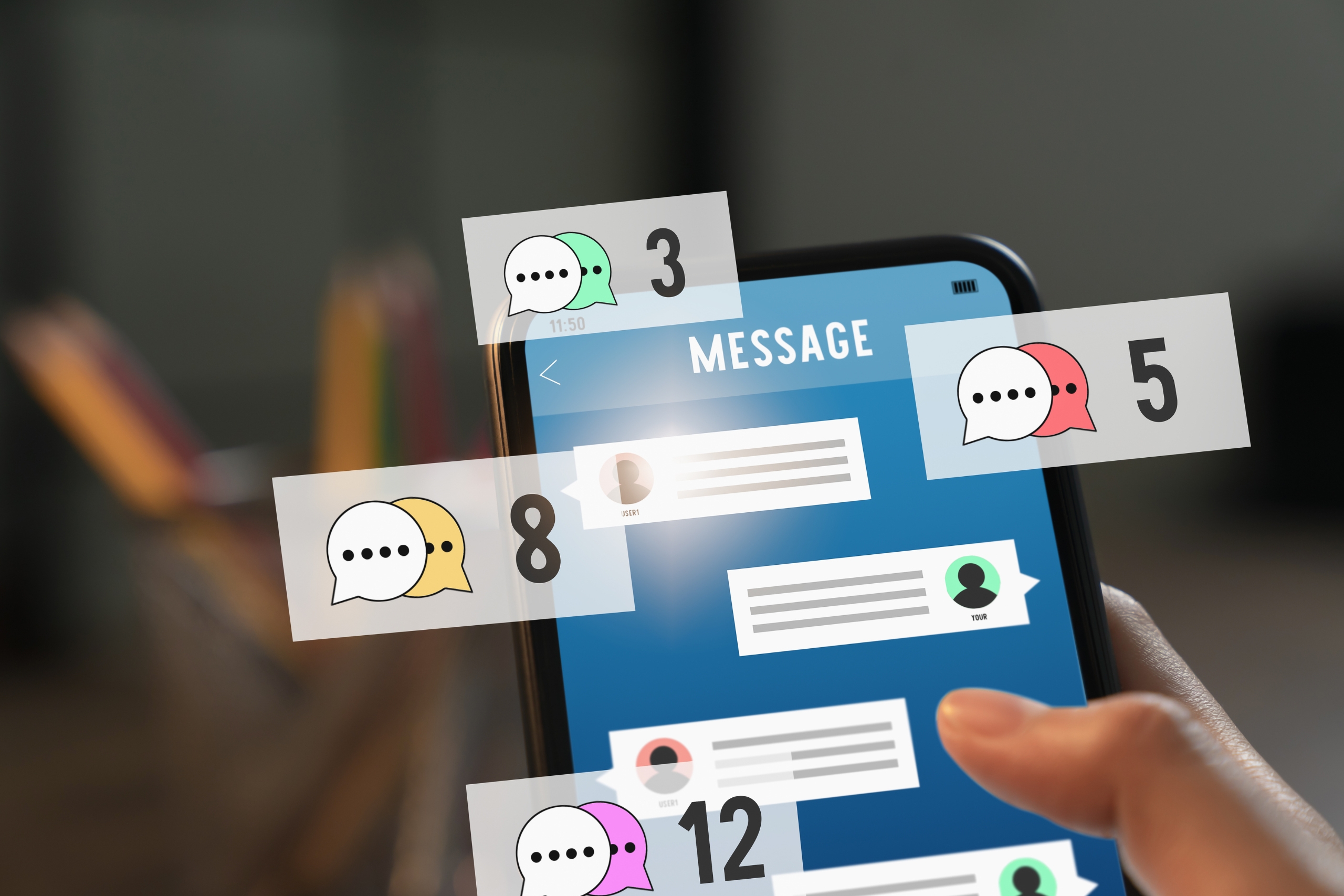Leads do not wait. The clock starts running as soon as a possible customer fills out a form, clicks on an ad, or calls for information. If agencies don’t move quickly, they could lose that lead to rivals who do. There are times when minutes can make the difference between a closed deal and a missed chance.
This is why CRM real time notifications have become such an important component of modern sales technology. They make sure that agencies know about new questions, important actions, and opportunities that close quickly as soon as they happen. By adding real-time alerts to their CRM routines, agencies can stay attentive even when they’re busy or when the office is closed.
Why Speed Is Everything
Things move faster than ever in sales today. This is something that prospects expect right away, no matter what time of day or night it is. When agencies use routine lead-checking, they often find new inquiries hours or even days after they were sent in. This means that the lead is either no longer interested or has already picked another service.
Notifications in real time fill in this gap. When set up right, they let the right people on the team know when a star does something important. This could mean sending a contact form, clicking on a key link, asking about prices, or setting up a call. Being aware right away leads to action right away, and action right away builds trust.
When there is a lot of competition and the fastest responder wins the deal, messages can mean the difference between doing well and falling behind.
Staying Responsive After Hours
After normal business hours is one of the most usual times when leads are lost. An awful lot of businesses have set hours, but people who want to buy something often browse websites and email businesses at night or on the weekend. They don’t follow up on these leads until the next business day because they don’t have a method in place. This lets competitors steal the show.
When you need to deal with CRM leads after business hours, real-time messages work great with bigger plans. Alerts can be sent to cell phones, certain team members, or systems that do things automatically and set off steps for follow-up. The office knows what the lead did and can begin automatic recognition right away, even if no one is ready to respond right away
People who are interested get an answer fast, feel like they are important, and stay interested while they wait for a more in-depth follow-up. Firms that use this method rarely lose leads because of calls made late at night or in different time zones.
Coordinating Teams with Precision
Real-time alerts not only make things go faster, but they also make it easier for people to work together. In bigger businesses, leads might need to be sent to different people on the team depending on the service, the area, or how important they are. They might be slow or messy if there aren’t quick signals.
When there is a way for people to talk to each other, ideas are sent to the right people and are noticed as soon as they come in. Every member of the team is instantly warned, so everyone knows what they need to do and no one misses a chance by accident. The agency’s people start to think about this level of accuracy over time, which makes it easier for teams to work together, even when they’re stressed out.
Turning Alerts Into Action
Use alerts in a planned way to get the most out of them. Alerts do not close deals; they only let people know about something. But they work best as part of a larger CRM plan, where they prompt quick follow-ups, lead growth, and one-on-one contact.
One example is getting a message that a high-value lead has booked a call. This could lead to emails being sent to the salesperson to help them get ready, messages being sent to the client to remind them of the call, and changes being made internally to make sure everyone is on the same page. Because of this kind of automatic planning, the lead will have a good experience from the very beginning.
Conclusion
Three important parts of current lead management are speed, awareness, and teamwork. Agencies can make sure that no lead is missed, no matter when or how it comes, by using CRM real time notifications. Teams can react quickly, stay competitive, and keep up high service standards by staying in touch with their flow through notifications.
Using these alerts as part of a larger CRM plan helps businesses be more quick all the time, not just when it’s needed. When it comes to sales, timing is very important. Real-time messages give agents the edge they need to turn attention into long-term relationships.

